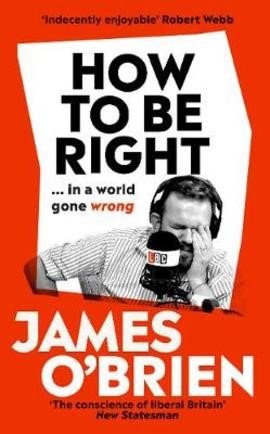Les Levidow explores how the antisemitism in Britain is constructed and used not just to protect Israel from justified criticism but also to shield British hegemonic interests by a false identification of Jew-as-Zionist. Further, a focus on an exaggerated antisemitism obscures inaction on wider problems of racism.
Reprinted from the January 2019 Newsletter of the British Committee for the Universities of Palestine (BRICUP) by permission
With the increasing mobilisation of Far Right forces in recent years, antisemitic attacks have become a more serious threat. However, a high-profile campaign has disgracefully targeted an ‘antisemitism problem’ in the Labour Party and the wider Palestine solidarity movement. For nearly three years, the movement has been countering the false allegations.
Despite our great efforts, the intimidation campaign has remained pervasive and stable. How and why? It has systematically elided the categories of Jew and Zionist. Moreover a prevalent stereotype of the Jew-as-Zionist, consequently vulnerable to antisemitism, provides a shield and displacement for the state’s pro-Israel commitments. The institutional drivers and strategic implications are discussed in this article. Continue reading “The Britain-Israel partnership driving ‘antisemitism’ allegations”

 He takes a progressive position on a range of issues, from the position of Muslims to the fixed-odd gambling terminals, but is what I would call Progressive except on Palestine (PEP). Moreover, he sometimes treats people deplorably, as I found in two clips where members of the public questioned views he had been propagating about antisemitism in the Labour Party.
He takes a progressive position on a range of issues, from the position of Muslims to the fixed-odd gambling terminals, but is what I would call Progressive except on Palestine (PEP). Moreover, he sometimes treats people deplorably, as I found in two clips where members of the public questioned views he had been propagating about antisemitism in the Labour Party.





